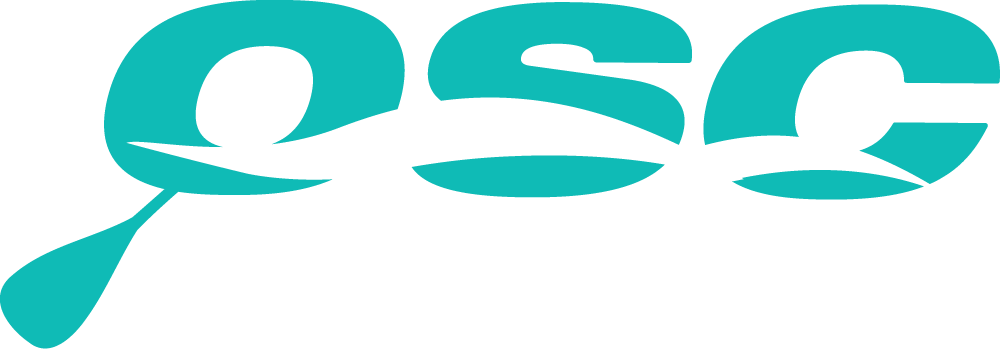Outrigger canoe history in Polynesia
The sport of outrigger canoeing has been practiced for over 5000 years. Polynesians navigated the South Pacific in canoes almost 1000 years before Columbus landed in America. Today, Pacific Islanders still use canoes for inter-island transport. For the Polynesian culture, outrigger canoes are more than just a means of transportation. It is the primary means by which teamwork, sharing and a sense of extended family (ohana) are communicated to one another all centered on the core value of performance through cooperation.
Outrigger canoe racing is popular in Australia, Canada, Cook Islands, England, Europe, Fiji, Hawai’i, Japan, New Caledonia, New Zealand, Tahiti, Tonga, Samoa and the United States. In the U.S., there are clubs in Arizona, California, Florida, Massachusetts, New York, Oregon, Texas and Washington.
Modern clubs were founded in Hawai’i during the early 1900’s. The sport faltered during the World Wars, but came back strong to become one of the most popular activities in Oceania.
Outrigger canoes in California
In 1959, Toots Minville, a pioneer of outrigger canoe racing, started the Newport Beach to Catalina race, thereby introducing the sport to Southern California. The sport came to Northern California in 1978, with the founding of the Northern California Outrigger Canoe Association. Today, there are more thatn 20 clubs throughout the greater San Francisco Bay Area, with hundreds of clubs worldwide. It is one of the very few sports where children through seniors of all shapes, sizes and physical capabilities can excel. Outrigger canoe paddling is the official state sport of Hawai’i.
Cultural events
In addition to paddling, Outrigger Santa Cruz fosters Polynesian culture by hosting and participating in:
- Festivals, such as the annual Aloha Festival and Aloha Races at the Santa Cruz Wharf
- Luaus and celebrations
- Dance and music festivals
- Cultural exchange
Parts of the canoe
Wa’a: Canoe
Ho’e: Paddle
Ama: Outrigger float
Iako: Beams that hold the ama
Manu: Bow or stern endpiece
Gunnels: Side frame
Our canoes’ Hawaiian names
Maka Nui: Big Friend
Makani Akua: Wind Spirit
Bruddah Nappy: after Joseph “Nappy” Napolean
Ho’omaika’i: To praise or honor
Kumulipo: Mystery; Source of Life
Kananimauloa: Eternal Happiness
Lapa Uila: Flash of Lightning
Kāholo: Swift, nimble
Mākua Kane Dave: Father Dave in honor of Dave Dyc a.k.a D.A.D.
Kai Malama Keiki: The Ocean Cares for the Children
